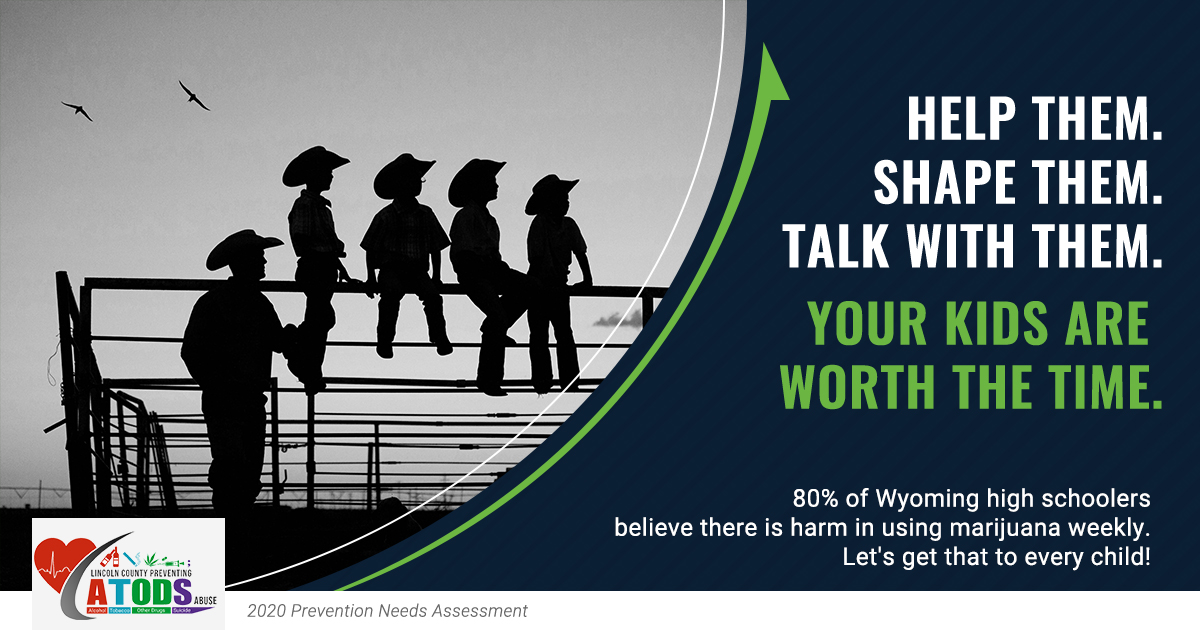◆ Use the proper tools to protect yourself from the heat and the sun.
Provided By St. John’s Health –
With the summer season just around the bend, the health experts at St. John’s are here to share some pointers to ensure that you get to enjoy the coming months to the full extent.
• It’s important to stay adequately hydrated.
While most of us know the importance of drinking enough water, it’s even more important during the summer months. When it comes to staying properly hydrated, it is advised that you try to drink at least eight 8-ounce glasses of water each day.
Drinking enough water is important for the following body functions:
• Temperature regulation
• Delivering nutrients throughout your body
• Proper organ function
• Boost Your Water Intake With your Diet
If you’re not too keen on the taste of drinking plain water or you have a child that you can’t get to drink more of it, you can increase your water intake through the foods you eat. Plenty of fruits and vegetables have a high water content that can help to keep you happily hydrated.
Some hydrating fruits and vegetables to add to your shopping cart this summer include: Strawberries, Bell peppers, Pineapple, Cantaloupe, Broccoli, Cauliflower, Peaches, Celery, Cantaloupe, Cucumbers, Lettuce, Oranges, Tomatoes and Watermelon.
• Use Your Urine to Determine Your Hydration Levels.
At one point or another, you’ve probably noticed that your urine can vary in color from transparent to amber in color. This is actually a direct correlation of how hydrated your body is at a given moment.
If you find yourself wondering if you’ve been drinking enough water this summer, keep this guide in mind to give you a better of your hydration levels:
• Transparent: You’re overly hydrated.
• Lemonade-colored: You are adequately hydrated.
• Beer-colored: You’re still properly hydrated.
• Amber: You’re mildly dehydrated and should try to work more water into your day.
• Burnt orange: You are moderately to severely dehydrated.
• Protect Your Skin From the Sun’s Ultraviolet (UV) Rays
When you put on sunblock, it helps to prevent the sun’s ultraviolet (UV) rays from reaching your skin. The chemical particles present in sunscreen react with the sun’s radiation, effectively absorbing the rays. The physical particles present in sunscreen help to reflect UV radiation away from the skin.
What Type of Sunscreen Should You Use? When heading to the store to pick up sunscreen, it can be confusing to have so many options to choose from. When picking out sunscreen, make sure the label notes that it’s “broad-spectrum.” This means that it helps to protect you from both UVA and UVB rays.
You should also pick a sunscreen with sun protection factor (SPF) of 30 or higher. This is because a sunscreen with SPF 30 filters out about 97% of UVB rays.
• How to Properly Apply Sunscreen
You should be applying sunblock as a normal part of your everyday skincare routine during the summer months and year-round. To prepare for heading out during sunnier weather, it is advised that you apply sunscreen about 30 minutes before leaving the house. This allows the sunscreen to properly adhere to your skin.
You should also reapply sunscreen every two hours while you spend time outdoors.
• Wear Glasses with UV Protection
The skin under your eyes is the thinnest and most sensitive skin on your body, which means it also needs protection from the sun’s harmful ultraviolet (UV) rays. It’s recommended that you choose eyewear that meet the following criteria:
• Blocks out 99-100% of UV-A and UV-B radiation.
• Has lenses that are perfectly matched in color.
• Screen out 70-90% of visible light.







